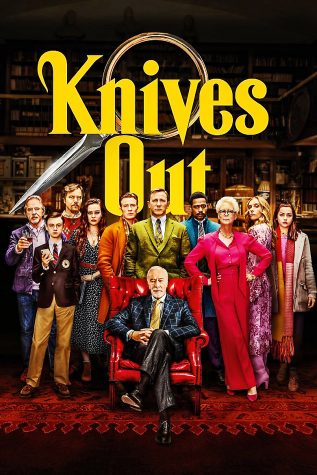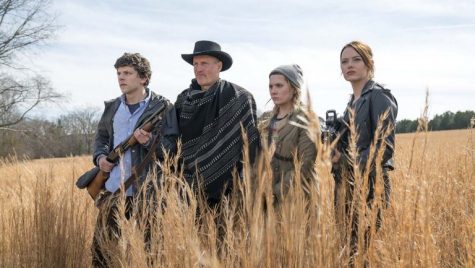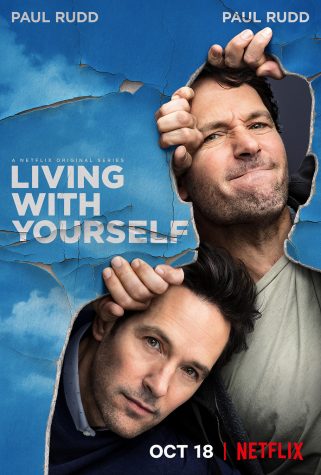Award-Winning Film Mirrors Current Issues
When I first stumbled upon the preview for the newly released Selma, I couldn’t help myself from scrolling through Youtube comments searching for clues as to whether or not this Golden Globe nominated film was really worth seeing. Comment after comment discussing the events of the 1965 voting rights march from Selma to Montgomery, I couldn’t help but have flashbacks to recent news stories – Michael Brown, Eric Garner, events happening in our society today that remind us that the “era of racism” is not over. As we approach the 50th anniversary of Martin Luther King leading thousands of demonstrators over the span of 54 miles to fight for their constitutional right to vote, many only remember it as historic moment of the past. Selma not only tells the story of a man willing to fight to the end for his rights, but also opens our minds to the idea that the civil rights moment has not ended.
Selma is filled with uncertainty and danger while giving the audience a human perspective on the life of Martin Luther King Jr. The film portrays King, played by David Oyelowo, as a passionate man filled with his own personal struggles. The screenplay comments on many things often left unspoken such as King’s accused infidelity. It should be a surprise to no one that Oyelowo is nominated for best actor at the 2015 Golden Globes. His performance in Selma often left me with chills or on the brink of tears as he brought so much passion and emotion into his beautifully written monologues. The film gave an in depth perspective on the events leading up to the not one, but three marches across Alabama. Although there has been much controversy over how President LBJ was represented in the movie, I believe the screenplay showed true representation of the difference between a politician and an activist. The movie also told the story of other important figures in the civil rights movement such as Malcolm X, an African American Muslim human rights activist and Alabama Governor George Wallace, known for his segregationist beliefs.
The film told the story of inhumane police brutality and illegal FBI wiretapping of King’s home, which had a humanizing effect on King as he struggled with the decision of protecting his family or persevering on as an icon of the Civil Rights Movement. The other true stories of activists from the 1960s left me in tears. The most inspiring story was that of an 86 year old man who became the first in his family to have the right to vote, after watching his grandson get shot by a police officer in a small cafe just weeks before the march to Alabama’s capitol. Stories like this kept Selma from becoming a historical documentary and allowed the actors to create beautiful scenes filled with heartbreak, joy and disbelief.
Whether you’re a Civil Rights Movement History buff or you’re just interested in learning more about the historical march across Alabama, there is no doubt in my mind that everyone who sees Selma will walk away with something new. Seeing this movie will provoke thoughts and feelings about society as a whole and will hook you to learn more about the unspoken facts leading to the 1964 Civil Rights Act. So go see Selma, I promise you won’t regret it.













